Table of contents
Key Takeaways
Inositol is a type of sugar that influences the insulin response and several hormones associated with mood and cognition. It is sometimes prescribed to pregnant women. Unfortunately, some women can feel stressed about the side effects of inositol. In this article, we cover what exactly Inositol is, what it’s used for, and any of its potential side effects and dangers.
What is Inositol?
While often referred to as vitamin B8, inositol is actually a type of sugar that is found in many fibre-rich foods such as beans, brown rice, corn, cantaloupe, and citrus fruits. Inositol affects the body’s insulin response as well as several hormones that help control mood swings, fertility, blood sugar and metabolism.
Inositol is a natural supplement prescribed to women trying to get pregnant as well as women who already are pregnant. For women who are already pregnant, inositol is used as a natural way to reduce their chances of developing gestational diabetes. For women not yet pregnant, inositol is used to help manage polycystic ovary syndrome (PCOS) symptoms, resulting in increased ovulation.
One study suggests that women with PCOS have a 20% higher risk of getting gestational diabetes and are 4 times more likely to develop diabetes in general compared to women without PCOS.
The Benefits of Inositol For Pregnant Women
A lot of pregnant women have been prescribed inositol, usually combined with folate. This is to help prevent them from developing diabetes during their pregnancy.
Gestational diabetes affects almost 14% of pregnancies worldwide. It occurs due to a glucose intolerance that can usually be detected early on in a pregnancy. Insulin receptors in pregnant women can change due to the placental lactogen hormone produced by the fetus. This results in maternal hyperglycemia, which can be dangerous as it can result in excessive amounts of glucose entering the fetal bloodstream resulting in complications.
Myo-inositol and D-chiro-inositol act similar to insulin in the body and can help regulate glucose homeostasis - observed as insulin mediators.
It is very important for pregnant women to try and avert diabetes. This is because a woman who develops gestational diabetes is at an increased risk of developing type-2 diabetes down the road.
Inositol and folate powders such as our Ovofolic powder can also help:
- Lower cholesterol levels, in turn decreasing the risk of heart disease.
- Increase progesterone and serotonin levels.
- Assist in successful IVF.
- Manage PCOS symptoms.
- Support a regular menstrual and ovulation cycle.
Does Inositol Have Any Side-Effects?
Inositol is safe for most adults. In most instances of a side effect occurring, it is no more than mild nausea, stomach pain, fatigue, headaches, or dizziness.
If you’re breastfeeding, or plan on it, talk to your doctor before taking inositol. Breast milk has a naturally rich supply of inositol, so a monitored dose should not put your breastfed baby at any risk.
At present, no known medications or supplements cause health issues when combined with inositol. However, a natural form of inositol called phytic acid can interfere with your body’s natural absorption of certain minerals, such as iron, calcium and zinc. Phytic acid is found in many plants, seeds, nuts and beans.
If you’re planning on taking an inositol supplement, it is worth speaking to a doctor first. Be sure to inquire if you need to pair it with another supplement to ensure you are absorbing every mineral and nutrient that you need.
When Should I Not Take Inositol?
If you’re pregnant and are considering inositol, talk to your doctor first. This is especially true if you already have diabetes or plan on taking inositol for long periods of time.
Supplements For Reproductive Health
Elan Healthcare produces high-quality supplements that can safely enhance female fertility using all-natural ingredients. Elan’s Ovofolic products are designed specifically to help women manage their PCOS, regulate their menstruation and ovulation cycles, improve their hormone balance and improve their overall reproductive health.
Book a free 15-minute consultation to learn more or use our Contact Us page to ask any questions.
References:
1 - Risk of Type 2 Diabetes Mellitus following Gestational Diabetes Pregnancy in Women with Polycystic Ovary Syndrome by Lo JC, Yang J, Gunderson EP, Hararah MK, Gonzalez JR, Ferrara A. Published Dec 2017.
2 - The Pathophysiology of Gestational Diabetes Mellitus by Plows JF, Stanley JL, Baker PN, Reynolds CM, Vickers MH. Published Oct 2018.
3 - Inositol Supplementation in the Prevention of Gestational Diabetes Mellitus by Tahir F, Majid Z. Published Sept 2019.



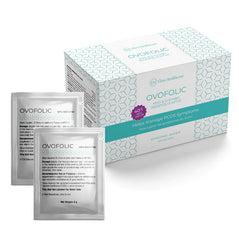










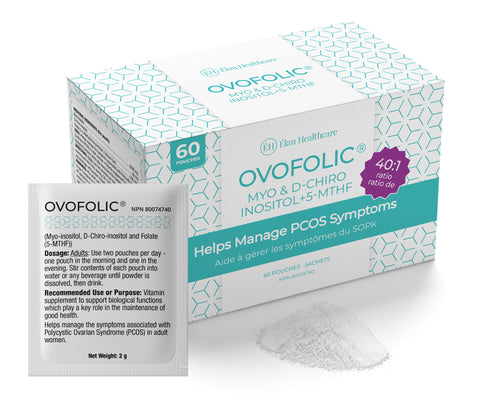
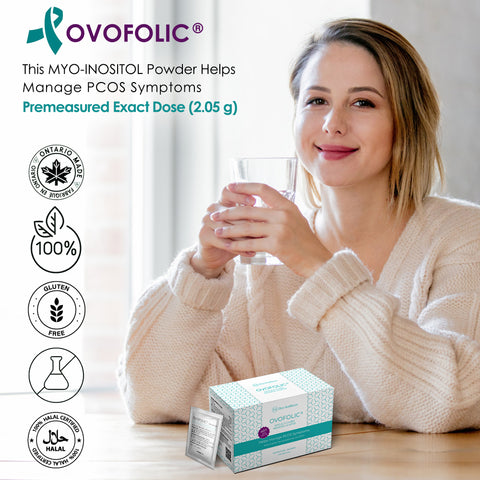
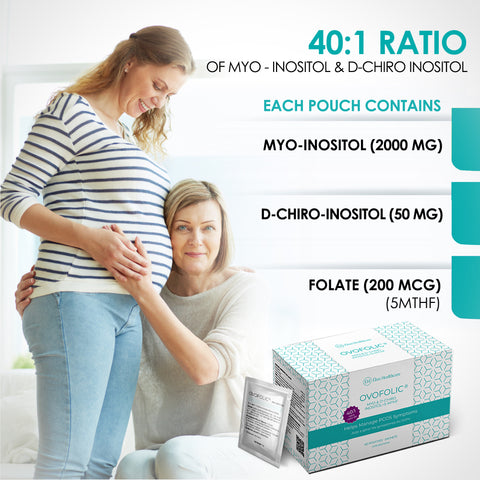
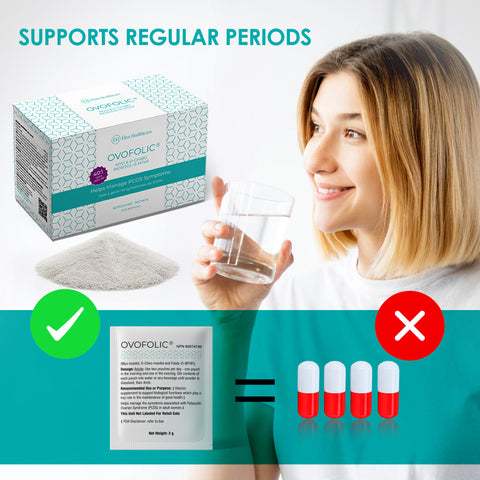
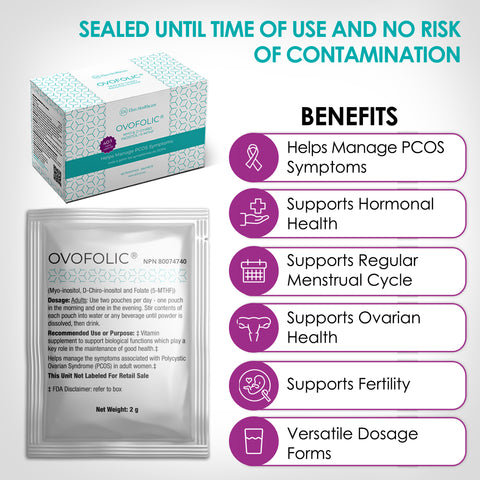
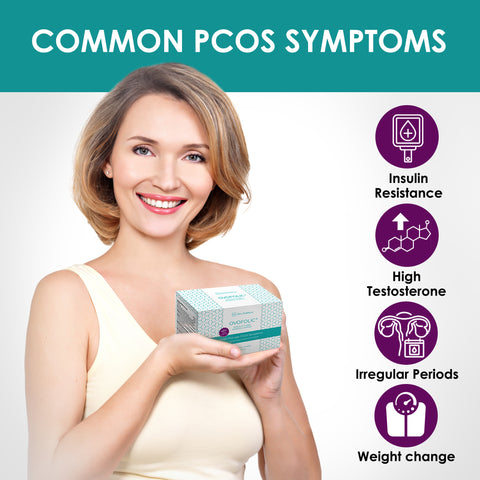
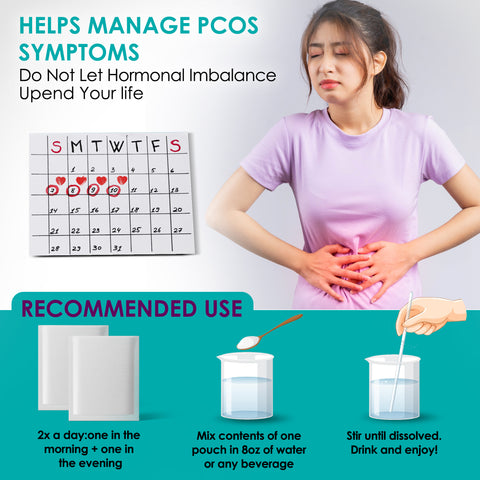
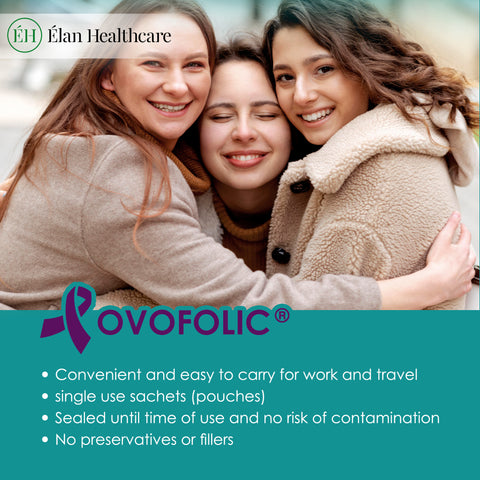
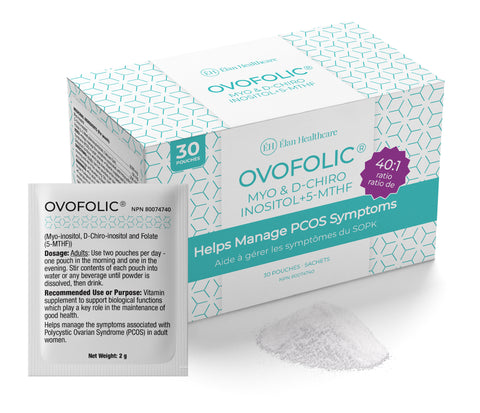
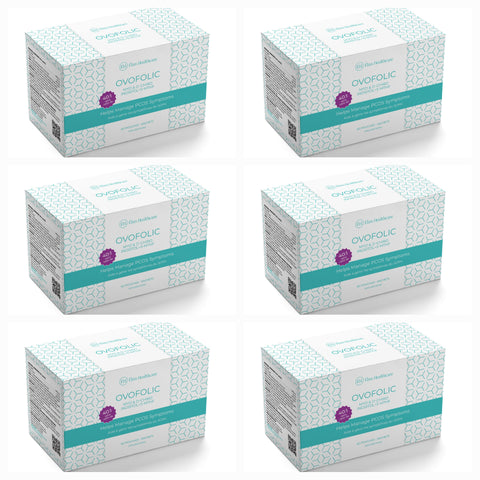
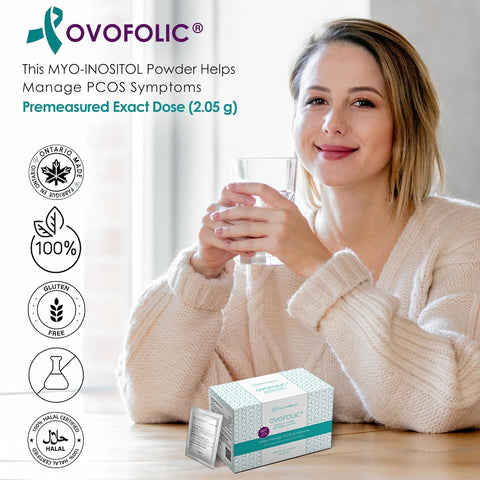
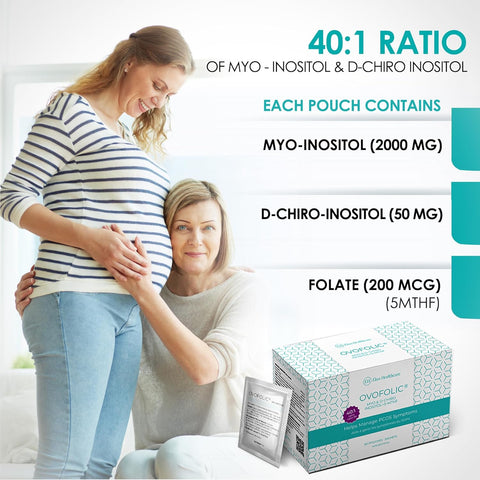
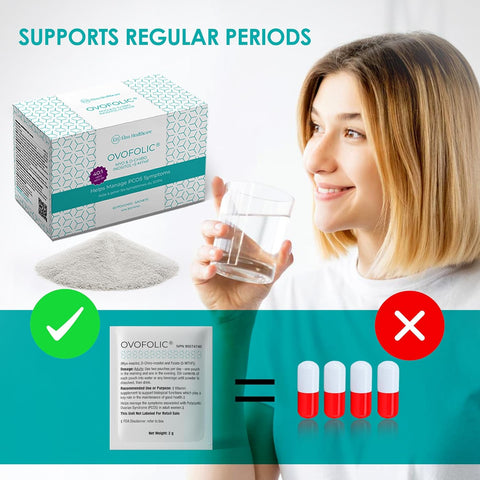
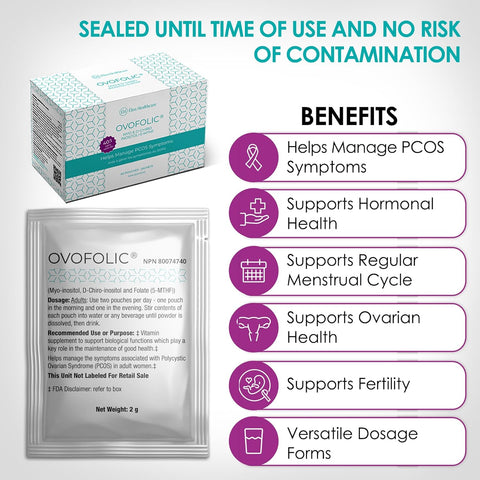
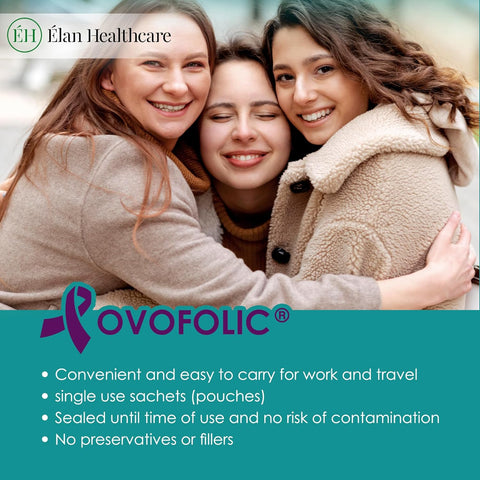
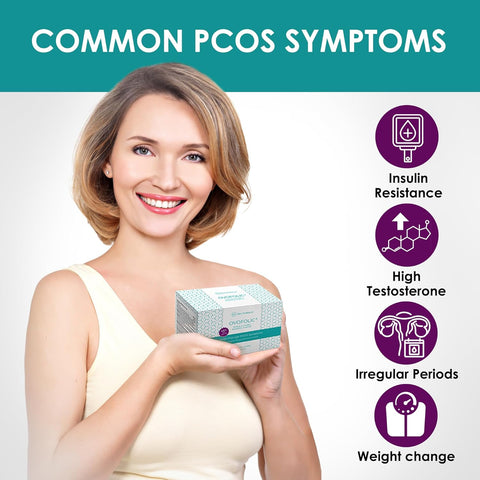
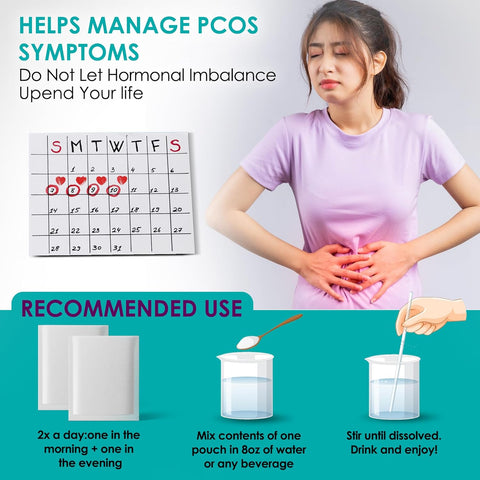
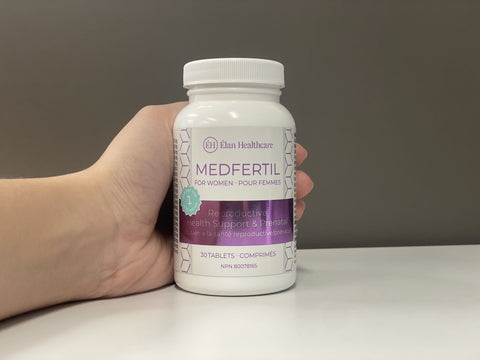

No comments yet.
There are no comments for this article. Be the first one to leave a message!
+ Open to leave a Comment